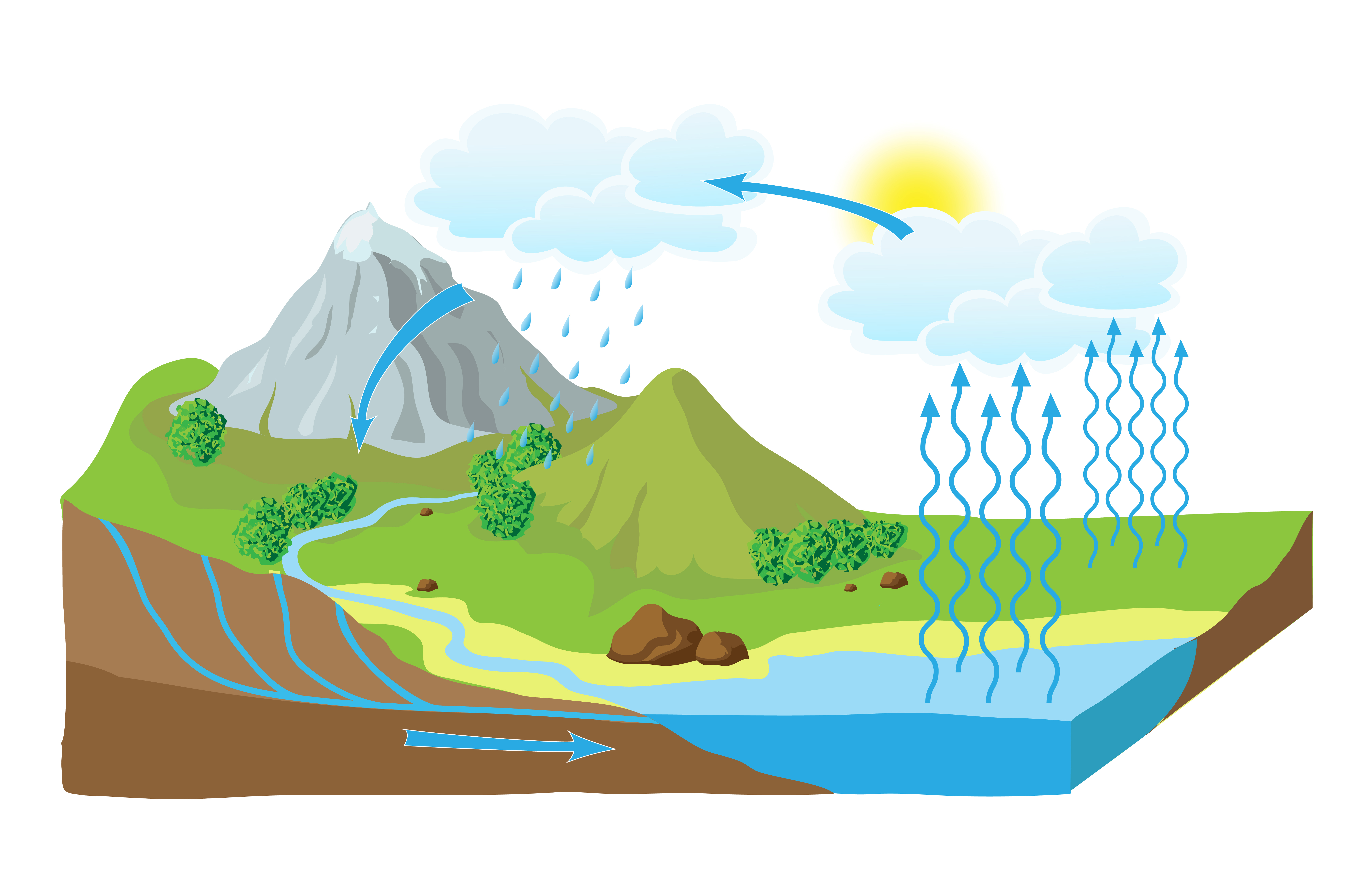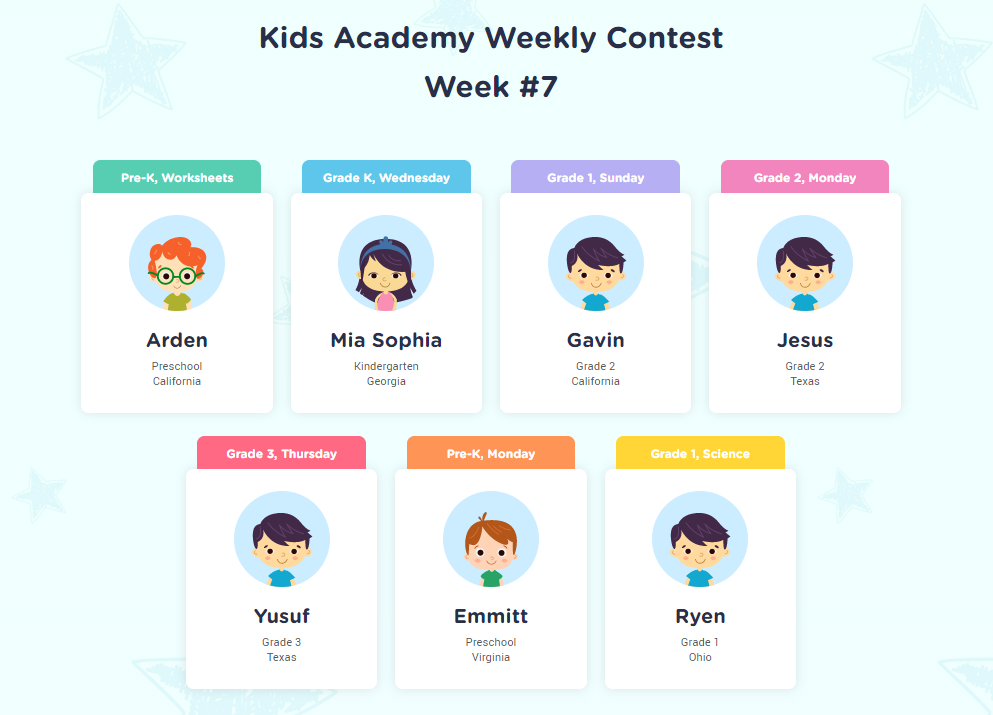Science worksheets activities for Ages 8-9
6 filtered results
-
From - To


Matter: Assessment 1 Worksheet
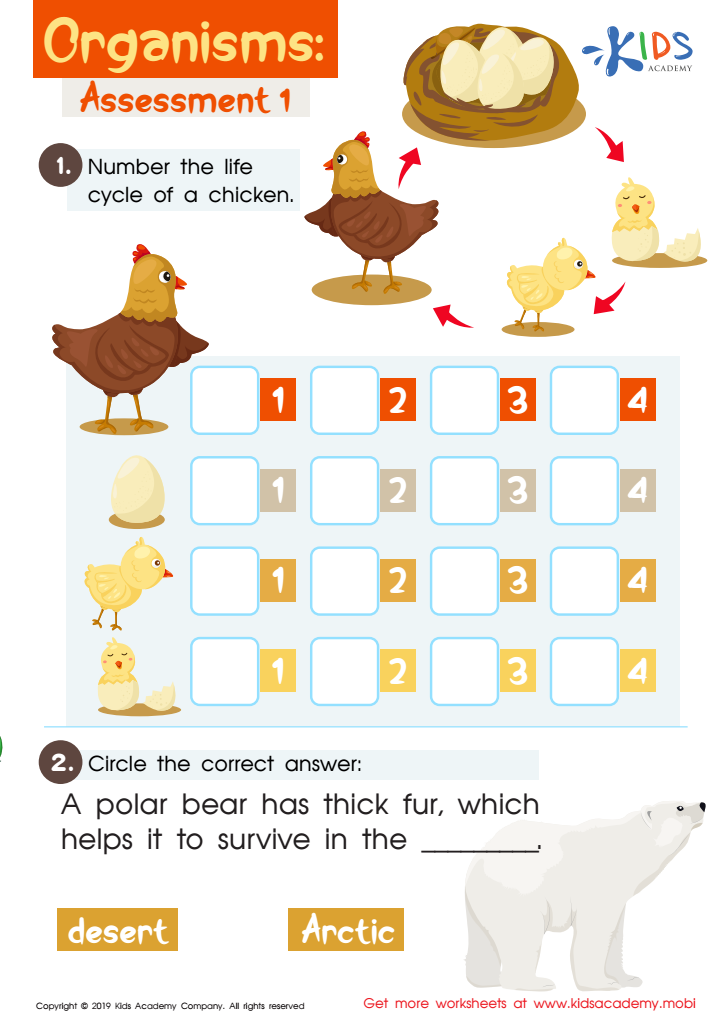

Organisms: Assessment 1 Worksheet


Ecosystems: Assessment 1 Worksheet
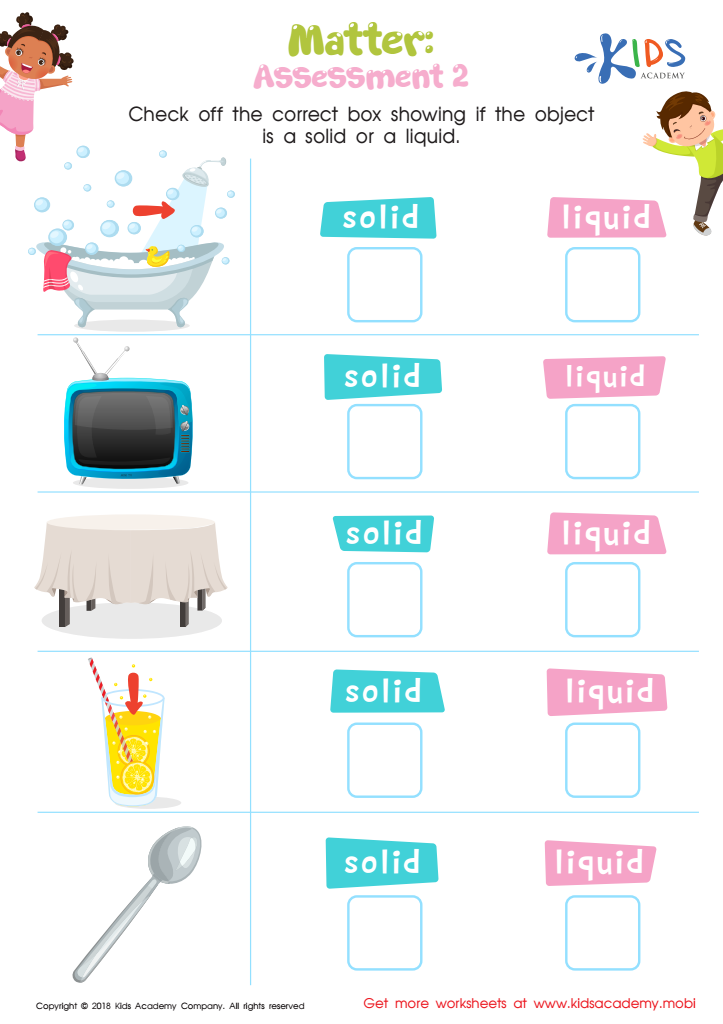

Matter: Assessment 2 Worksheet


Ecosystems: Assessment 2 Worksheet
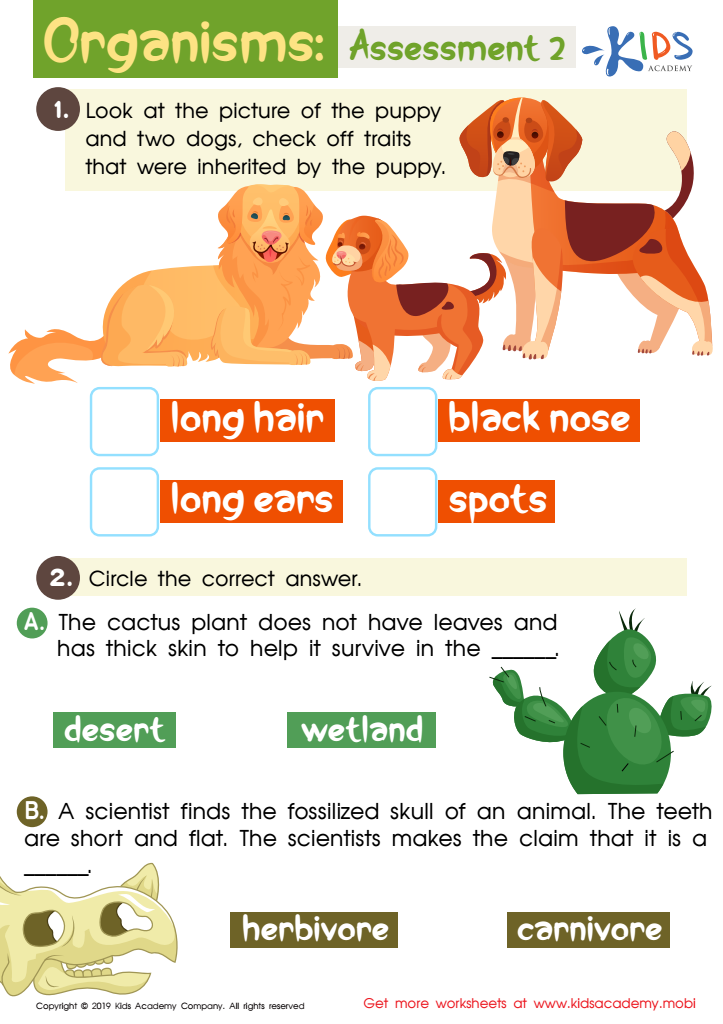

Organisms: Assessment 2 Worksheet
Science worksheets activities are an indispensable tool in the educational journey of learners, from the foundational years through to advanced studies. These activities serve multiple purposes, enriching the learning experience in ways that lectures or textbooks alone cannot achieve. Let’s delve into why these activities are so beneficial.
Firstly, Science worksheets activities cater to a diverse range of learning styles. Whether a student is a visual, auditory, or kinesthetic learner, worksheets can be designed to engage each type, enhancing comprehension and retention. For example, visual learners benefit from diagrams and charts, while kinesthetic learners can engage through fill-in-the-blanks or matching exercises that require active participation.
Moreover, these activities promote critical thinking and problem-solving skills. By working through scenarios and experiments on paper before tackling real-life applications, students develop a methodical approach to solving scientific problems. This preparation is invaluable, fostering a mindset geared towards inquiry and innovation.
Another significant advantage is the personalized learning experience that science worksheets activities offer. Teachers can tailor activities to match the learning pace and interests of each student, addressing weaker areas while challenging strengths. This customization ensures that learning is neither too easy nor too daunting, maintaining an optimal level of challenge.
Science worksheets also facilitate immediate feedback, which is crucial for learning. Students can quickly identify areas of misunderstanding or confusion, allowing for timely clarification. This immediate loop of action, feedback, and correction accelerates the learning process, ensuring concepts are grasped correctly and thoroughly.
Finally, these activities make learning science fun and engaging. By incorporating puzzles, games, and interactive exercises, worksheets turn learning into an enjoyable activity. This not only enhances motivation but also fosters a positive attitude towards science, encouraging students to explore and learn beyond the classroom.
In conclusion, Science worksheets activities are a versatile and effective educational tool, enriching the learning experience through engagement, personalization, and active participation. They are instrumental in molding competent, curious, and confident learners equipped to face the challenges of the scientific world.

 Assign to the classroom
Assign to the classroom
